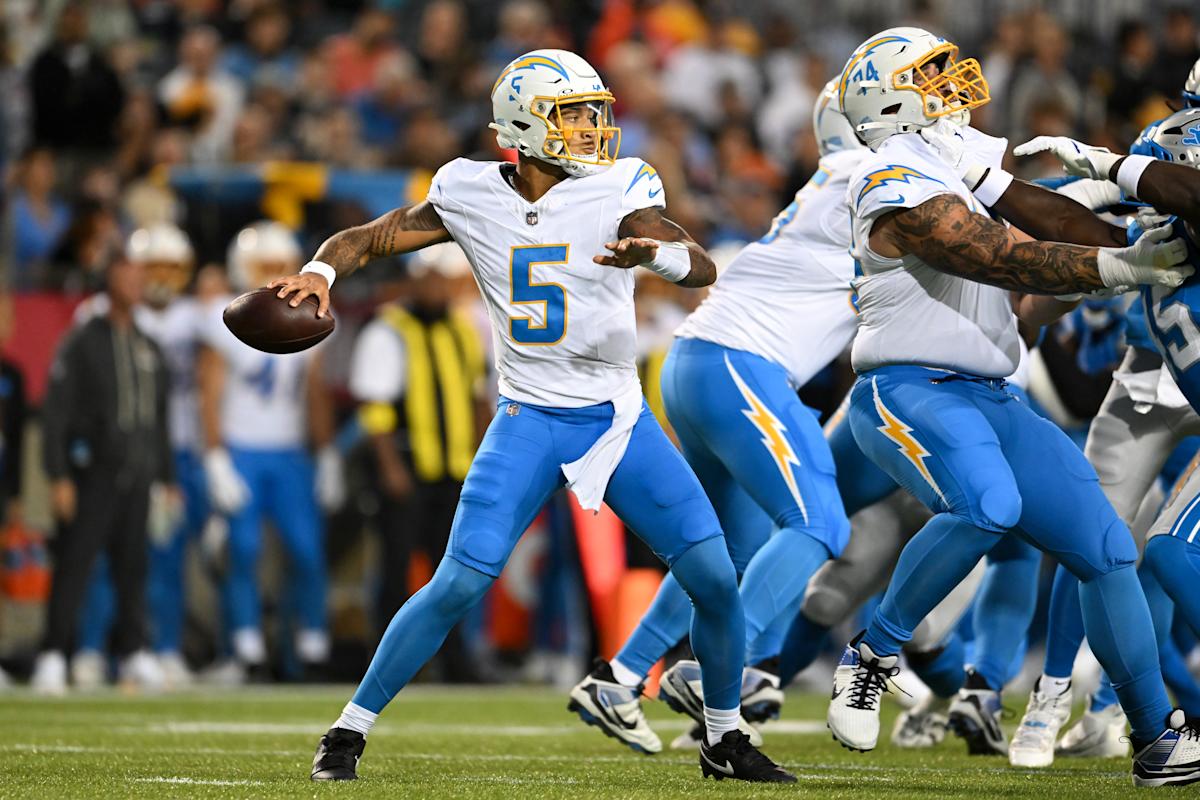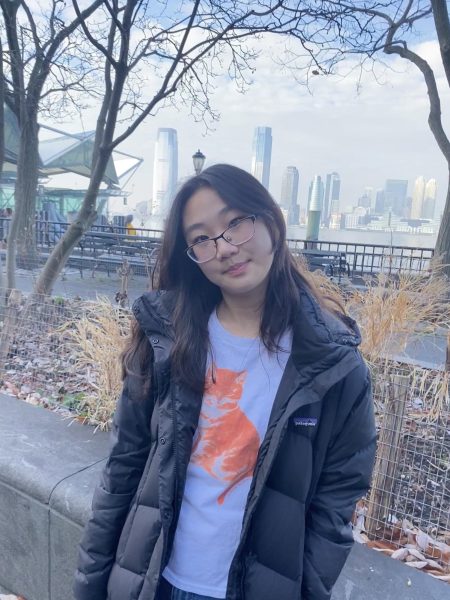Every year, Black History Month is an opportunity to honor the struggles and achievements of African Americans in American history. While notable figures like Martin Luther King Jr. and Rosa Parks are widely celebrated for advancing civil rights in America, countless other influential Black figures often go unrecognized. So, here is a list of ten such individuals who we should all take a minute to celebrate today!
- Claudette Colvin
Nine months before Rosa Parks famously refused to give up her seat on a bus, 15-year-old Colvin was on the way home from school in 1955 when she refused to give up her seat to a white woman, leading to her arrest. However, she never received the same attention as Rosa Parks due to her darker skin, becoming pregnant soon after the incident, and as she said, not having the “right hair and right look” that Parks did.
2. Gordon Parks
Parks was a photographer, filmmaker, composer, and author who used art and photography to capture racial injustices and poverty. He was the first African American photographer for Life magazine and the first African American to write and direct a major Hollywood film, The Learning Tree, based on his semi-autobiography.
3. Edward Bouchet
Bouchet was the first African American to earn a doctoral degree from an American university; with a Ph.D. in physics from Yale University in 1876. He was also the first African American to graduate from Yale College, and after his Ph.D., he went on to teach chemistry and physics at the Institute for Colored Youth in Philadelphia, PA.
4. Dorothy Height
As one of the leaders of the American civil rights movement, Height began her activism career by joining the National Council of Negro Women and later became its president. She was the first in the movement to combine the efforts for African American rights and women’s rights and fought for criminal justice reform and against lynching throughout her life.
5. Annie Turnbo Malone
Along with the perhaps more well-known Madame CJ Walker, Malone was one of America’s first Black female millionaires, finding enormous success in the African American beauty industry. She was an entrepreneur who developed hair and beauty products and founded Poro College, a beauty school and manufacturing company. Her fortune allowed her to donate money to charities, schools, and orphanages.
6. Sadie Tanner Mossell Alexander
Alexander was an influential pioneer and scholar, becoming the first African American woman to earn a Ph.D. in economics, graduate from the University of Pennsylvania’s law school, and practice law in Pennsylvania. Her father was the first African American to graduate from Penn’s Law School, and her uncle was the first African American to graduate from Penn’s Medical School. She worked as Assistant City Solicitor in Philadephia and on President Truman’s Committee on Human Rights.
7. Bayard Rustin
As an advisor to Martin Luther King Jr., Rustin helped organize many civil rights protests, including the 1963 March on Washington, where Dr. King delivered his famous “I Have a Dream” speech. Despite facing discrimination for being openly gay, he was a lifelong advocate for civil and human rights.
8. Althea Gibson
Gibson was a talented and skilled tennis player and golfer, and despite racial barriers that denied her athletic opportunities, achieved some of the highest titles in tennis. She was the first African American to play at and win the French Open, Wimbledon, and U.S. Open singles championships, winning five Grand Slam singles tournaments in her career.
9. Matthew Henson
In 1909, Henson became one of the first people to discover and allegedly set foot on the North Pole along with Robert Peary, another American explorer, and four Inuit assistants. Later in his life, he was the first African American to become a life member of The Explorer Club and is now buried in Arlington National Cemetery.
10. Daniel Hale Williams
Willilams, a surgeon who graduated from Chicago Medical College, was the first African American to perform open-heart surgery in 1893. Two years earlier, he founded Provident Hospital of Cook County in Chicago, the first African American-run hospital in the United States, as many African Americans weren’t allowed to be admitted to or work in hospitals. Later on, he co-founded the National Medical Association for Black doctors, an alternative to the American Medical Association, which didn’t allow Black doctors to join.












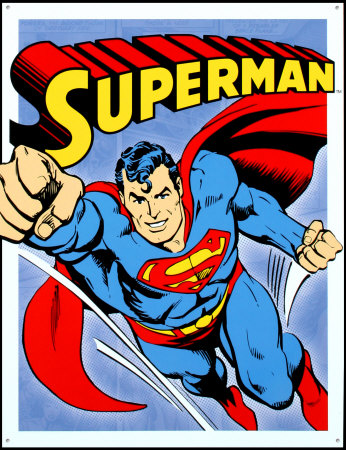
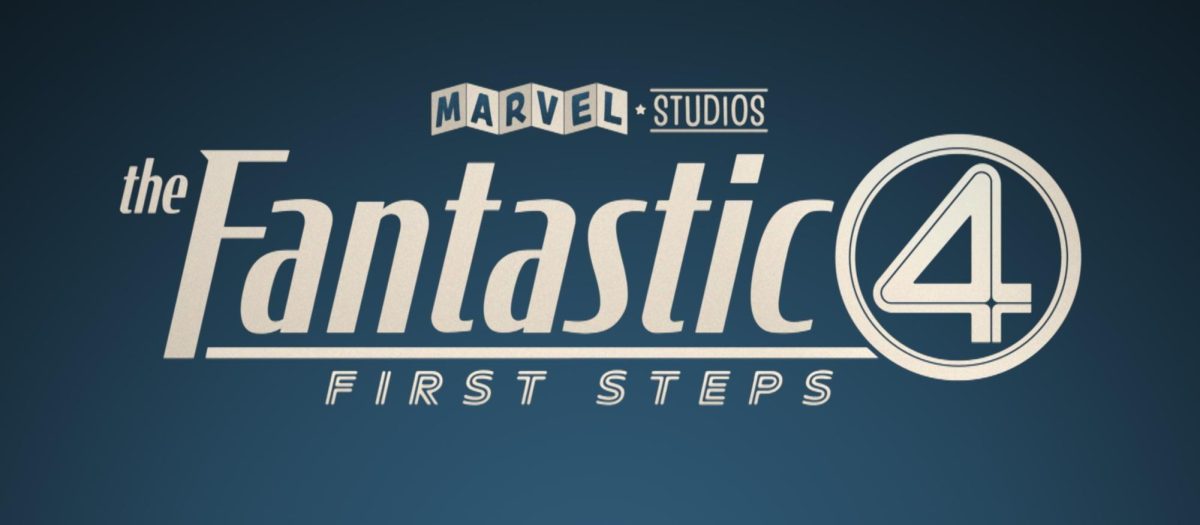











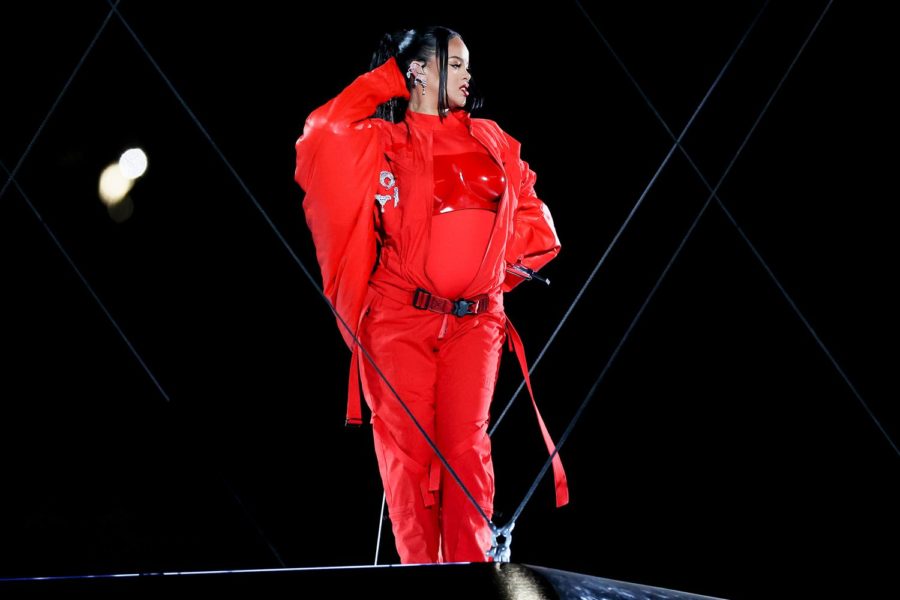


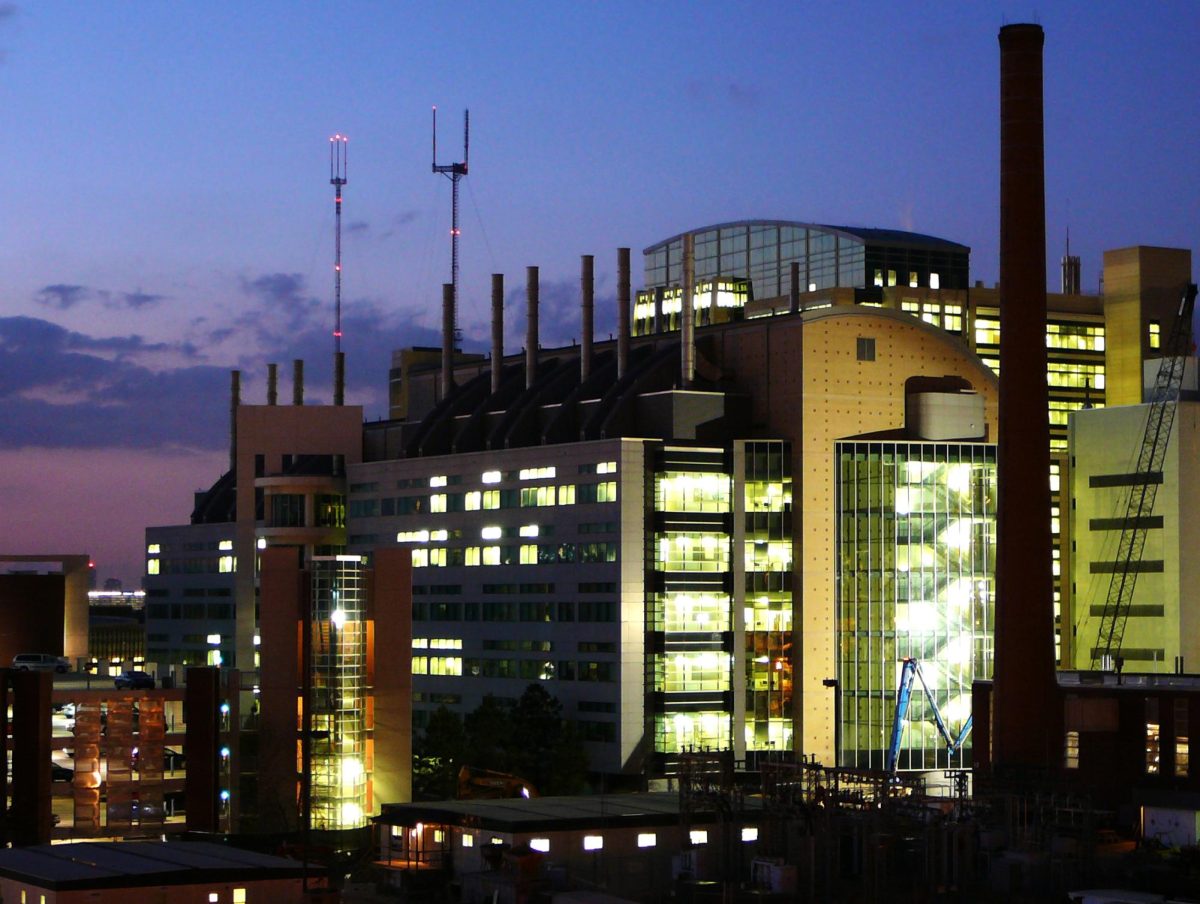
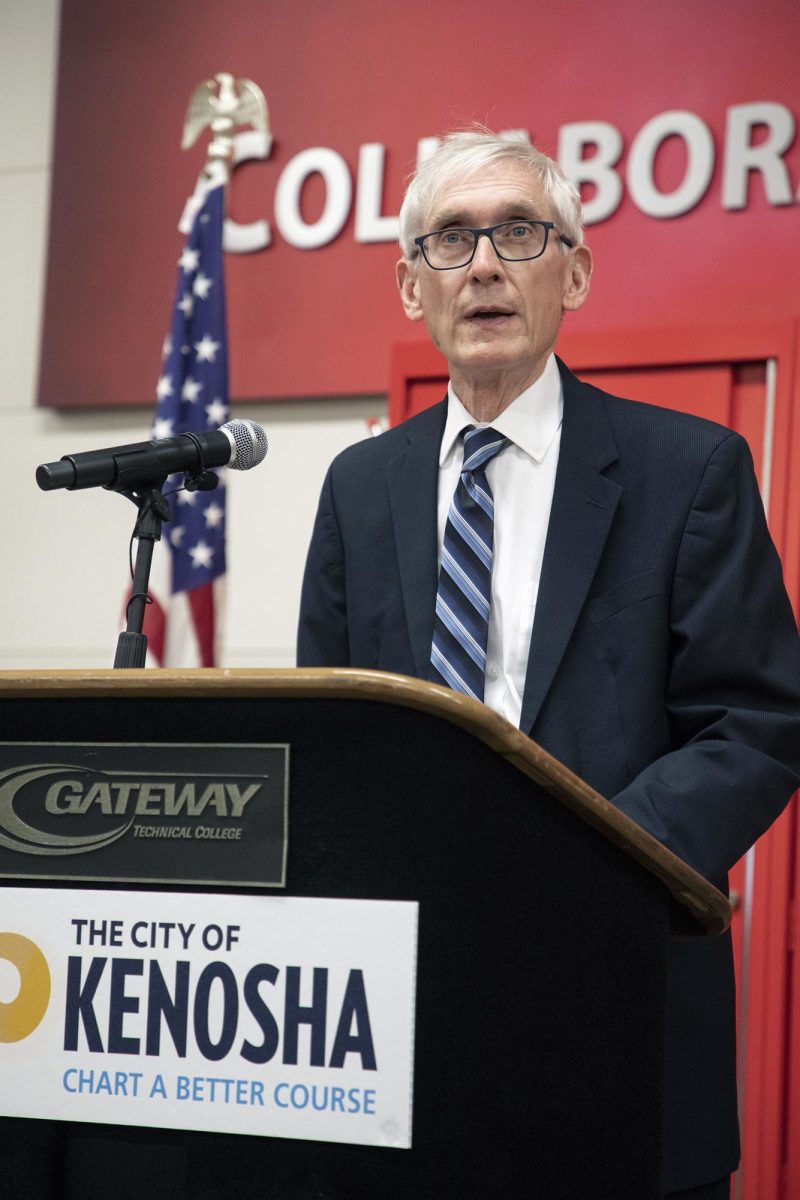

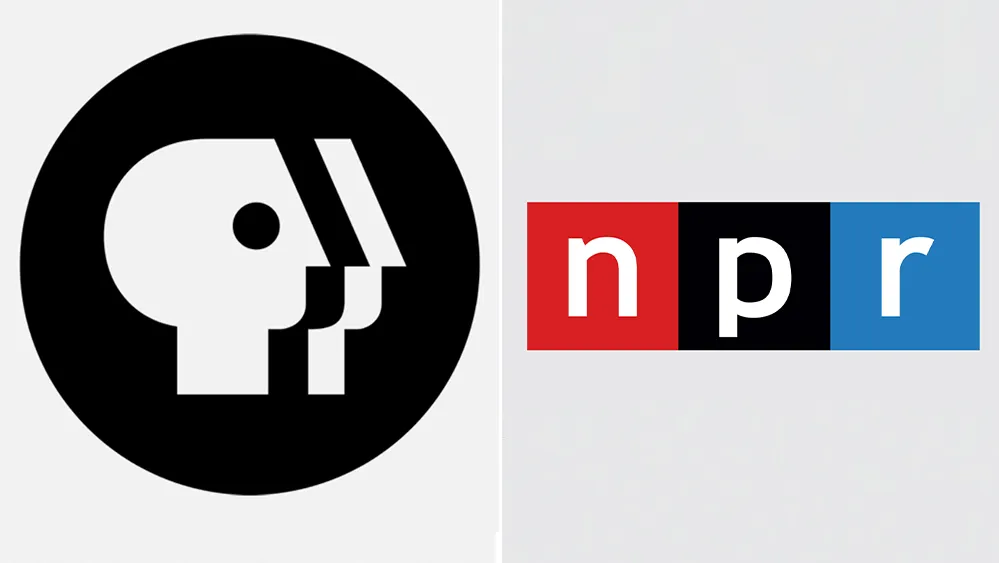
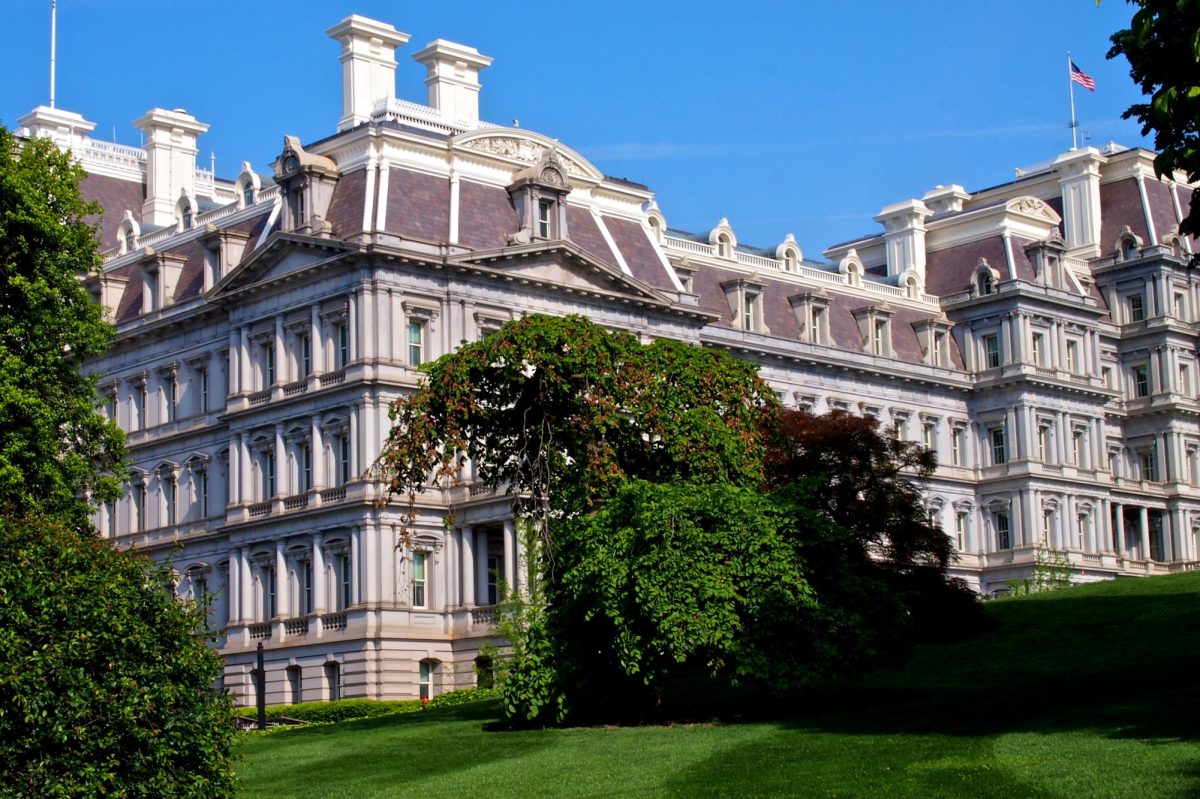



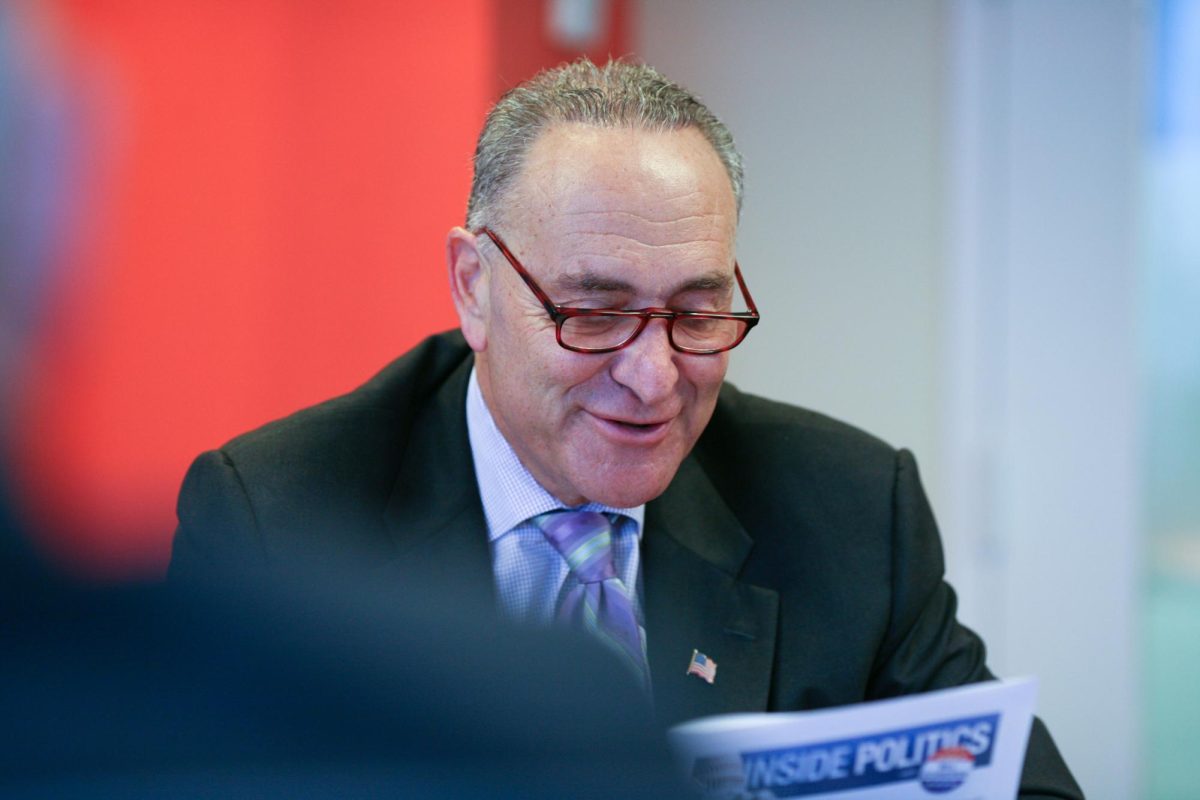
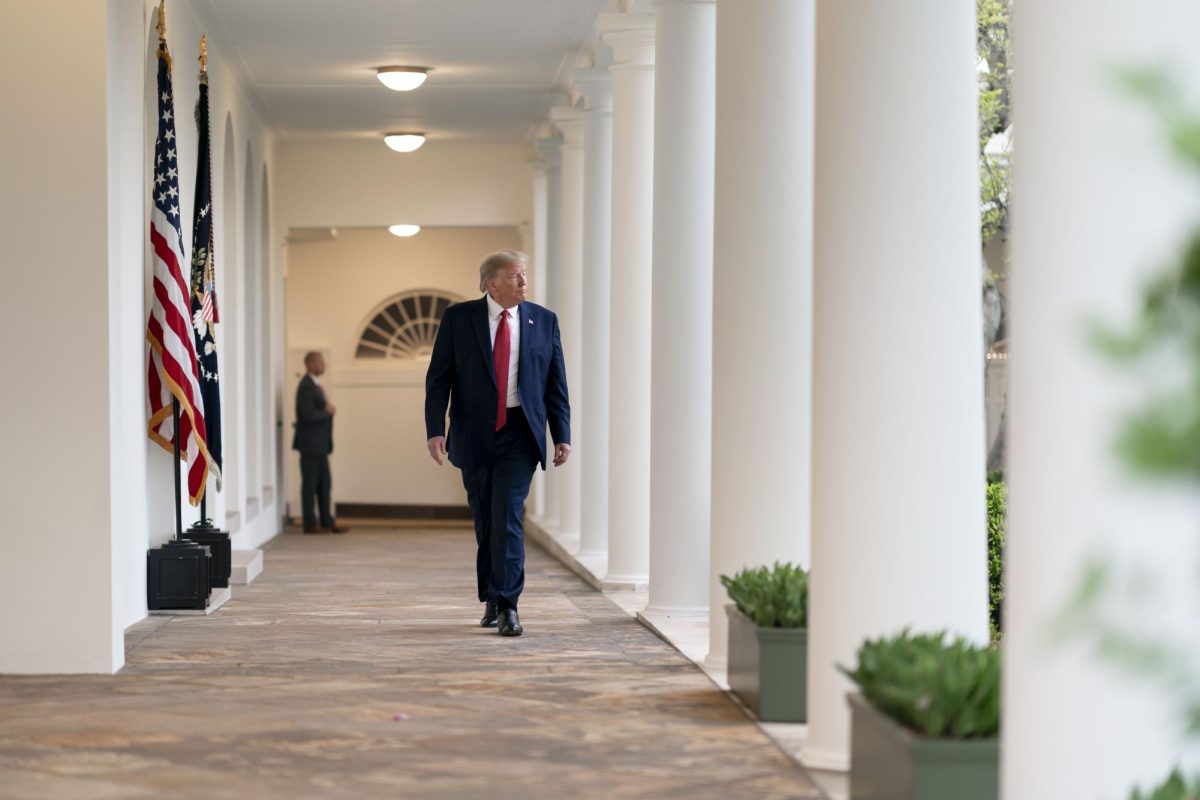


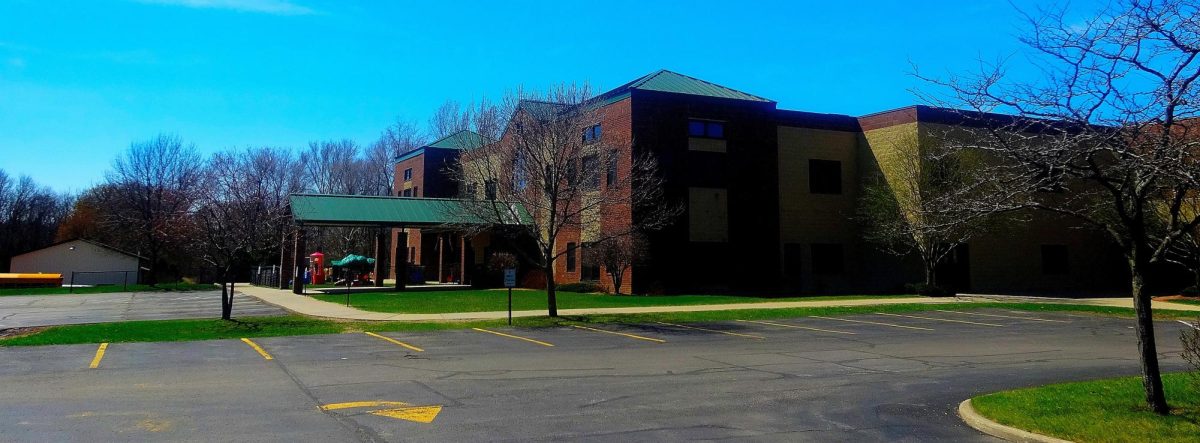
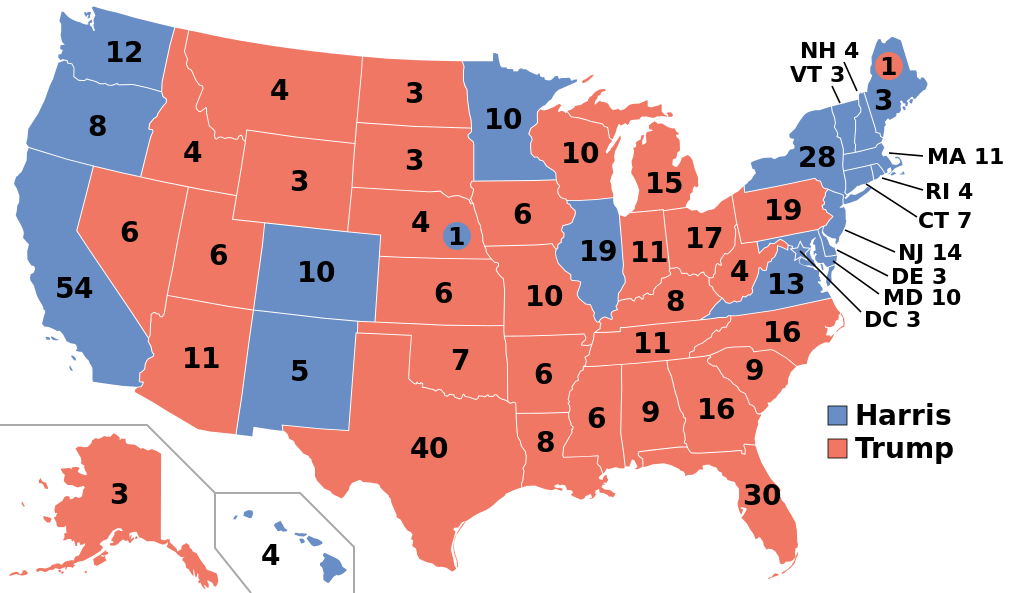
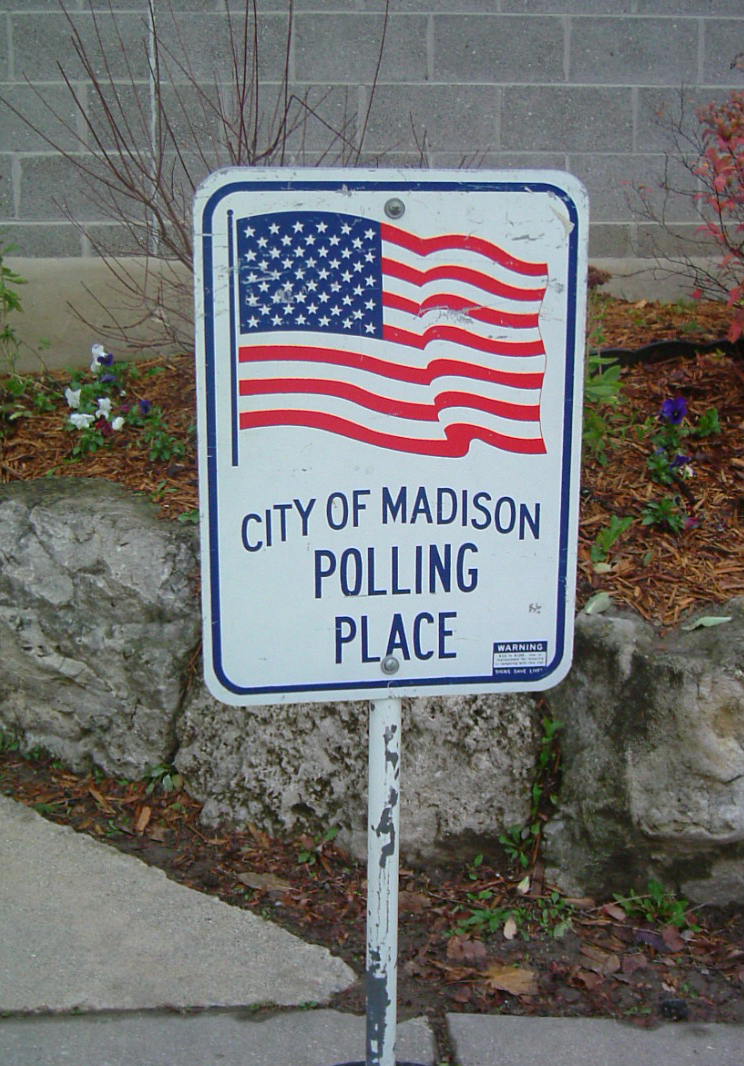






![Image credit to [puamelia]](https://memorialswordandshield.com/wp-content/uploads/2025/08/3435027358_ef87531f0b_o-1200x803.jpg)

